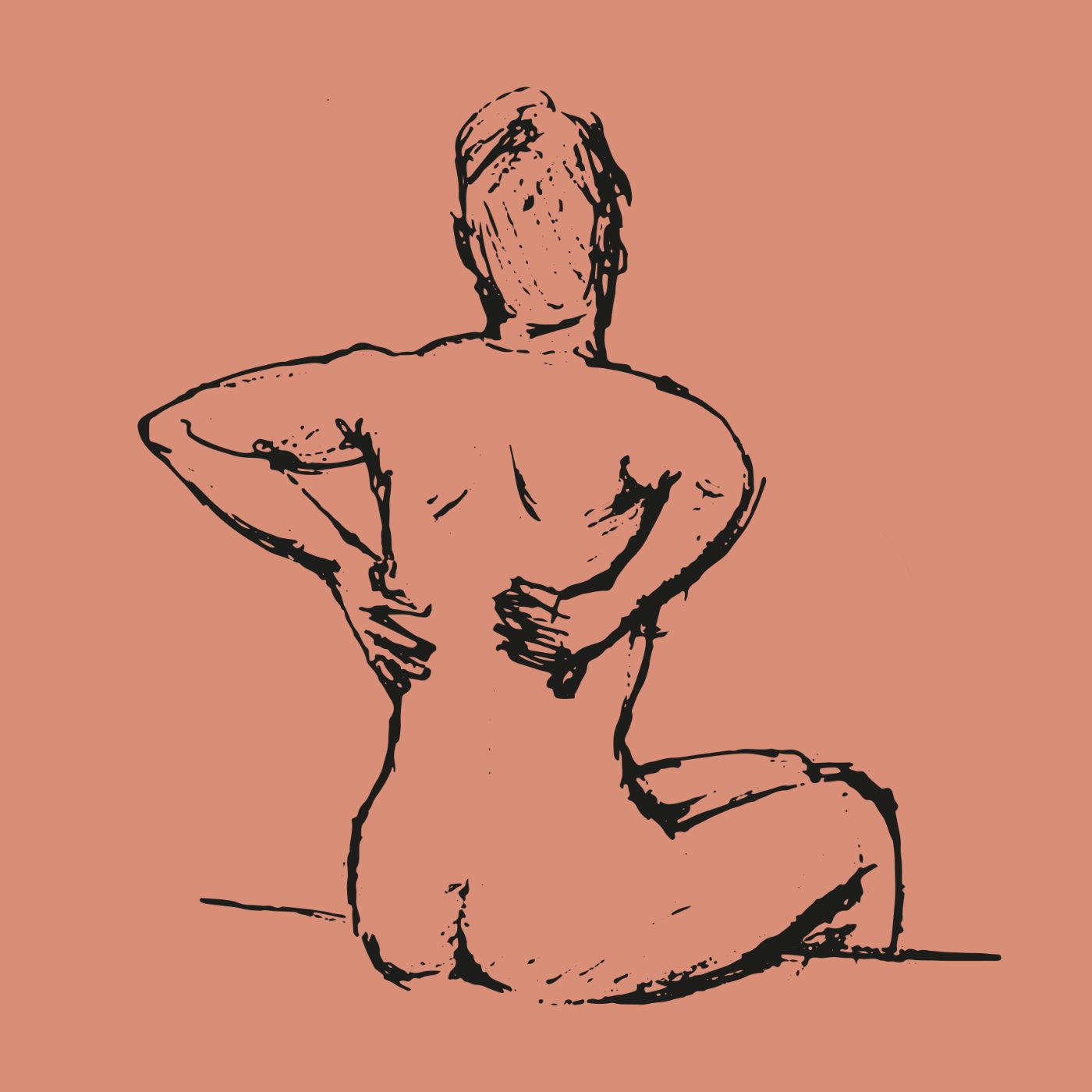Table of Contents
Table of Content
Melatonin is a prescription-only drug but is not prohibited in the UK. This is due to the fact that it may interact with other drugs and have adverse effects, thus using it should be done so under a doctor's supervision.
"Banned" is a strong word when discussing melatonin in the UK. It's more accurate to say it's tightly controlled. In the UK, melatonin tablets are considered a clinical sleep medicine, not a supplement, like in some other countries.
This means you need a prescription from a doctor to legally obtain melatonin in the UK. The impact of this rule is clear: fewer people in the UK use melatonin to treat sleep disorders compared to countries where it's sold as a supplement.
This affects how sleep problems are handled and people's options when they can't sleep well.
How Can Melatonin Help?
Melatonin can be helpful for people with sleep problems, especially those with ADHD. A 2010 study found that it improved sleep onset and reduced the time children fell asleep.
The research included children aged 6-14 who used 3 to 6 mg of melatonin given close to bedtime. This shows that melatonin can help regulate sleep patterns and improve sleep quality in children with ADHD who struggle to fall asleep at night.
However, melatonin isn't without risks. While the study reported that side effects were mild and didn't last long, we need to be careful about its use.
A 2014 assessment of over 35 studies found that melatonin supplements can cause side effects like vomiting, dizziness, heavy head, palpitations, abdominal pain, and more.
In addition, the long-term effects of melatonin use in children aren't fully known. The studies point out that we need more research to determine the best doses and ensure that it's safe to use for a long time.
In the UK, because melatonin is treated as a medicine, a doctor can weigh the benefits and risks for each person. This helps ensure that melatonin is used safely and effectively when needed.
Can I Buy Melatonin in UK?
Melatonin can be purchased online or at health food stores in some regions. It is available as regular capsules, pills, or a drinkable liquid and is marketed as a supplemental medication. But these supplements are only available with a prescription and are not permitted for sale in the UK.
Can Melatonin Help With Jet Lag?
Melatonin can indeed help with jet lag. Our body's natural sleep-wake cycle gets thrown off when we travel across time zones. This is where melatonin comes in handy.
It’s a natural hormone our bodies make, but taking it as a supplement can help reset our internal clock. For people with jet lag, melatonin can make it easier to fall asleep at the right time in the new time zone.
A 2002 study shows that melatonin can remarkably reduce jet lag symptoms. It's most helpful when travelling East, where we have to sleep earlier than our body expects. Taking melatonin at the right time can help trick our body into adjusting to the new schedule faster.
However, it's not a magic fix. The timing of when you take melatonin is key. It usually works best if you take it in the evening of your new time zone.
Does Melatonin Help With Delayed Sleep-Wake Phase Disorder (DSWPD)?
Melatonin can be helpful for people with Delayed Sleep-Wake Phase Disorder (DSWPD). This is a condition where a person's sleep schedule is shifted later than usual, making it hard to fall asleep and wake up at regular times.
For those with DSWPD, their body's natural melatonin production happens later at night. This delay causes them to feel sleepy and wake up later than most people. Taking melatonin supplements earlier in the evening can help shift this hormonal production schedule to a more normal pattern.
Research has shown that melatonin can effectively detect DSWPD in children and adolescents. It can help people fall asleep earlier and wake up earlier. This shift can make it easier to stick to work or school schedules.
The key is to take melatonin at the right time. For DSWPD, taking it a few hours before the desired bedtime is often recommended. This helps signal to the body that it's time to start winding down for sleep.
It's important to note that melatonin is just one part of treating DSWPD. Other steps, including keeping a consistent sleep schedule, managing light exposure, and good sleep habits, are also crucial.
Does Melatonin Help With Sleep Disorders in Children?
Prescribed melatonin can be helpful for some children with sleep disorders, but it's important to approach its use carefully. According to a study published in Paediatric Child Health in 2012, melatonin has shown promise in managing certain sleep problems in children and adolescents.
The research found that melatonin is most effective in specific groups of children, especially those with certain medical conditions. Melatonin can help these children fall asleep faster and improve their sleep patterns.
One big advantage of melatonin is its side effects seem mild and don't last long. This makes it a safer option compared to some other sleep medications.
However, the study points out that melatonin shouldn't be the first choice for treating sleep issues in kids. Before trying any medicine, working on good sleep habits, like having a regular bedtime routine, is best.
It's also important to note that there are limits to what we know about melatonin use in children. The study mentions that there haven't been many large, well-controlled trials. We also don't have much information about what happens when children use melatonin for a long time.
Is Melatonin Illegal to Use?
Melatonin isn't illegal in the UK, but its sale isn't as open as in some other countries that consider it a nutritional supplement. Instead, it is classified as a medicine, which means you need a prescription from a healthcare professional to get it. It's not something you can just pick up off a shelf.
Some might think this limitation is justified. Melatonin supplementation is generally safe, but it's not without risks, especially if taken in larger doses (more than 2mg) or for prolonged periods.
If misused, it can cause side effects like headaches, dizziness, daytime sleepiness, and mood changes. It might not mix well with other medicines and has the potential to affect hormonal balance, so the UK's more cautious approach aims to prevent these issues.
That's why we have crafted our own Sleep Patches, a thoughtful blend of natural ingredients that offer a gentle and effective alternative, free from Melatonin.

Our products are designed to support your natural sleep cycle without the need for prescription sleep aids.
Access a Natural Sleep Support
Experience the KLORIS commitment to quality and well-being. Our UK-made CBD products are THC-free, crafted with attention to detail, and focused on delivering the best results.
Embrace the promise of peaceful nights and rejuvenated mornings with KLORIS Sleep Patches. Give yourself the gift of sleep, naturally.




